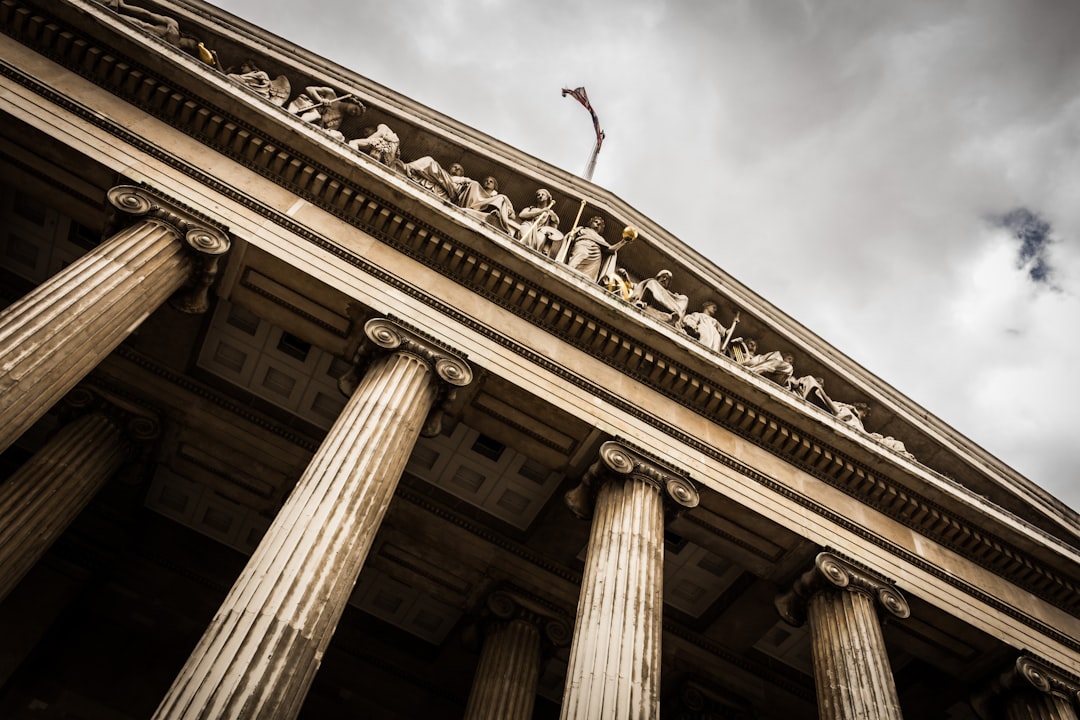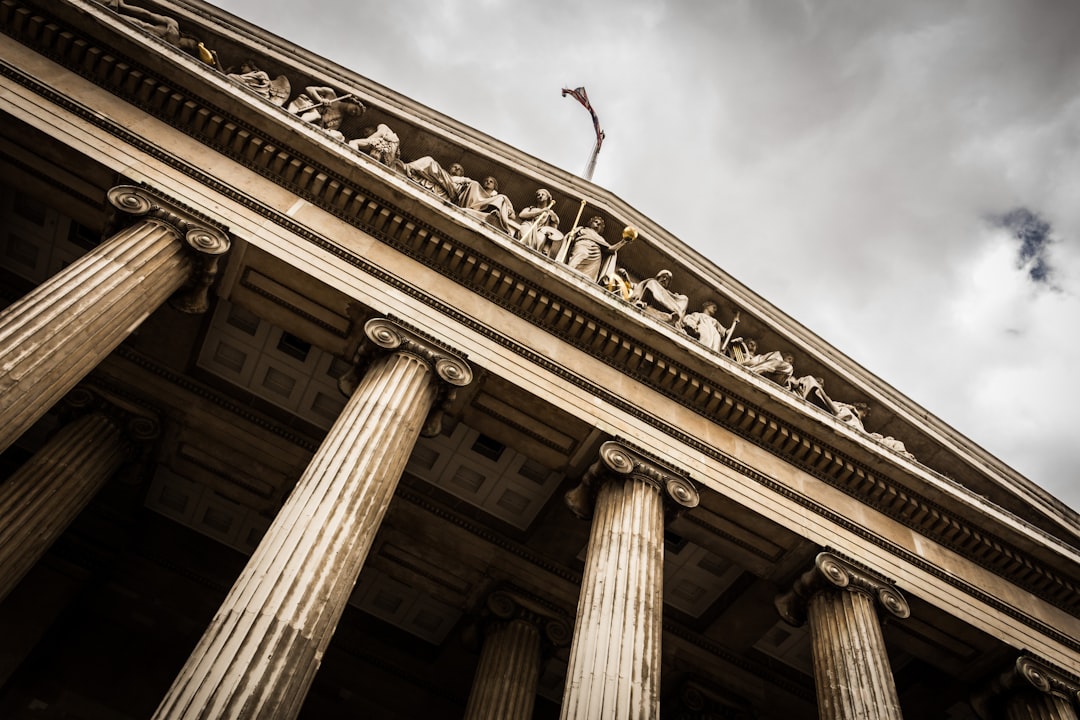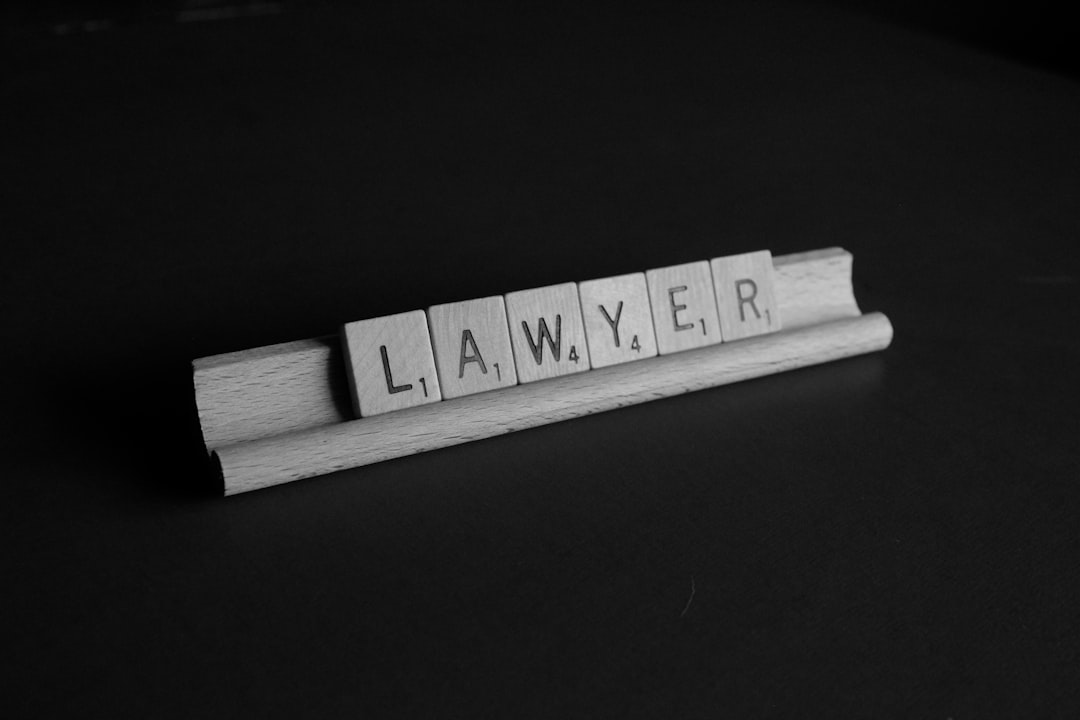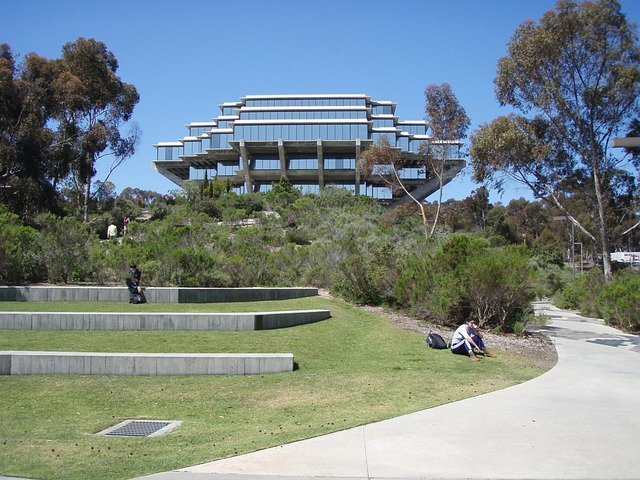Sexual assault cases in San Diego, California, require meticulous evidence handling and documentation. Artificial Intelligence (AI) offers revolutionary solutions for data analysis, enhancing accuracy and expediting investigations through advanced algorithms that process digital and genetic material faster than human experts. However, ethical considerations such as algorithmic bias and data privacy must be addressed by sexual assault lawyers to ensure fairness and justice while leveraging AI's benefits in evidence collection and case management.
“In San Diego, CA, the pursuit of justice in sexual assault cases is undergoing a transformative phase with the advent of Artificial Intelligence (AI). This article delves into the intricate relationship between AI and sexual assault investigations, exploring how advanced technologies are reshaping forensics and evidence analysis. From understanding the current landscape in San Diego to examining AI’s advantages and ethical dilemmas, we dissect its impact on legal proceedings and offer insights for the future, emphasizing the role of sexual assault lawyers in navigating these technological advancements.”
Understanding the Current Landscape: Sexual Assault Investigations in San Diego

In San Diego, California, sexual assault cases are handled with utmost sensitivity and complexity. The city’s legal system, much like others across the nation, grapples with investigating a crime that often leaves survivors with deep psychological trauma. The current landscape involves meticulous evidence collection, witness interviews, and extensive documentation, all overseen by experienced sexual assault lawyers in San Diego CA. These professionals play a crucial role in ensuring the rights of victims are protected while navigating the legal intricacies of such cases.
The process can be lengthy due to the delicate nature of the crime and the need for thorough investigation. Evidence, especially digital and forensic data, requires meticulous handling. This is where advancements in technology, particularly Artificial Intelligence (AI), could potentially revolutionize sexual assault investigations in San Diego. AI-driven tools promise to streamline evidence analysis, enhance accuracy, and expedite case management, thereby potentially improving outcomes for both victims and perpetrators.
The Role of Artificial Intelligence in Forensics and Evidence Analysis

Artificial Intelligence (AI) is transforming forensics and evidence analysis in various ways, including sexual assault investigations. AI algorithms can analyze vast amounts of data, from digital images to genetic material, much faster and more accurately than humans. This capability is invaluable in San Diego, where sexual assault lawyers often face complex cases with limited physical evidence. AI can enhance the recovery of deleted or hidden files, identify patterns in digital media that might indicate abuse, and even predict potential sources of evidence, speeding up investigations and potentially leading to more successful prosecutions.
Moreover, AI-driven tools can assist in DNA analysis, matching genetic profiles against databases to identify suspects or victims. These advancements are particularly beneficial for sexual assault cases, where DNA evidence is crucial. By leveraging AI, San Diego sexual assault lawyers can gain a significant edge in building strong legal cases, ensuring justice for their clients and contributing to the city’s safety and well-being.
Advantages and Challenges: AI's Impact on Legal Proceedings and Sexual Assault Lawyers

In the realm of legal proceedings, Artificial Intelligence (AI) presents both advantages and challenges for sexual assault cases in San Diego, CA. On one hand, AI tools can enhance evidence analysis by quickly sifting through vast amounts of data, including medical records, security footage, and digital forensics, to uncover crucial links. This capability could expedite investigations and provide sexual assault lawyers with compelling evidence, potentially leading to quicker resolutions.
However, challenges arise when considering the ethical implications and the potential for bias in AI algorithms. Accurate and unbiased analysis is paramount in sexual assault cases. Missteps or biases introduced by AI could lead to wrongful accusations or, worse, misdirection away from genuine perpetrators. Thus, sexual assault lawyers must remain vigilant, critically evaluating AI-generated insights while ensuring fairness and precision in their client representations.
Ethical Considerations and Future Prospects for AI in San Diego's Legal System

The integration of artificial intelligence (AI) into legal systems, especially in areas like sexual assault investigations, brings about a host of ethical considerations for San Diego’s legal community and its residents. As AI technologies advance, they offer unprecedented opportunities for evidence analysis, pattern recognition, and predictive modeling. These tools can aid in identifying potential suspects, reconstructing events, and even predicting future behaviors, potentially enhancing the efficiency and accuracy of investigations. However, it is crucial to address concerns related to data privacy, algorithmic bias, and transparency.
The future prospects of AI in San Diego’s legal system suggest a need for robust regulations and guidelines. Sexual assault lawyers in San Diego CA must be prepared to navigate this evolving landscape, ensuring that AI-driven insights are admissible, unbiased, and ethically sourced. Balancing the benefits of AI with the preservation of individual rights and due process will be pivotal in shaping a responsible and effective legal framework. This includes establishing clear protocols for data collection, storage, and usage, as well as ongoing monitoring to mitigate algorithmic biases that may inadvertently perpetuate existing societal inequalities.






